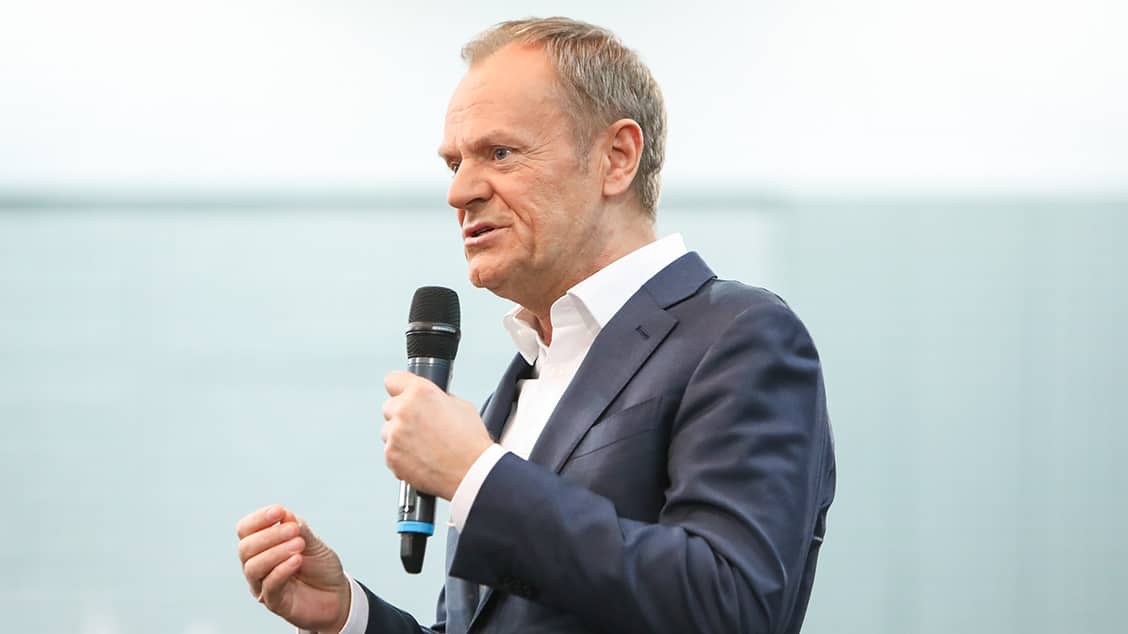Almost two months after his center-left coalition swept October’s parliamentary elections, Donald Tusk was finally sworn in as Poland’s new prime minster on December 12, almost 10 years since he last held the post.
Tusk’s return after serving as president of the European Council was a personal victory for the centrist politician and his Civic Platform party. It was also cheered by other veterans of the Solidarity movement, including former president Lech Walesa and former foreign minister Radek Sikorsky, who had not concealed their opposition to the populist course Poland took under the rightist Law and Justice Party (PiS).
Tusk’s return to power was also greeted with relief in Brussels, which has been facing off against the populist governments of Viktor Orban in Hungary and Robert Fico in Slovakia, and which who almost immediately unlocked some €5 billion in grants and loans for Poland from its post-pandemic recovery fund.
The markets’ reaction has also been upbeat.
“The zloty has been supported by positive sentiment towards Central and Eastern Europe and expectations related to the improvement of relations between the new government and the EU and the imminent unblocking of EU funds in 2024,” says Leszek Kasek, a senior economist with ING Bank.
Poland stands to receive an additional €30 billion in funds over 2024 out of an estimated €111 billion still outstanding, provided it can address the rule-of-law violations that soured relations with the EU during eight years of PiS rule and bring governance and civil rights legislation into line with EU norms.
But Tusk’s in-tray is full, including promised reforms in business legislation, the judiciary and energy, with a new policy aimed at reducing Poland’s fossil fuel dependence. Getting these to-dos done will take every ounce of his political skills.
A major constraint will be President Andrzej Duda, who delayed naming Tusk prime minister for as long as possible, instead supporting his PiS colleague Mateusz Morawiecki, who emerged as leader of the largest party but without sufficient partners to form a government. With presidential elections slated for May 18 of this year, Duda could be around for another 18 months. However, Tusk will be helped by an improving economy—growth is returning, inflation and unemployment are falling, and the current account is healthily positive—and his own good relations with Brussels, nurtured over the past 10 years. The day after Tusk was sworn in, EU Budget Commissioner Johannes Hahn said, promisingly, “I’m sure we will find ways to help Poland.”




